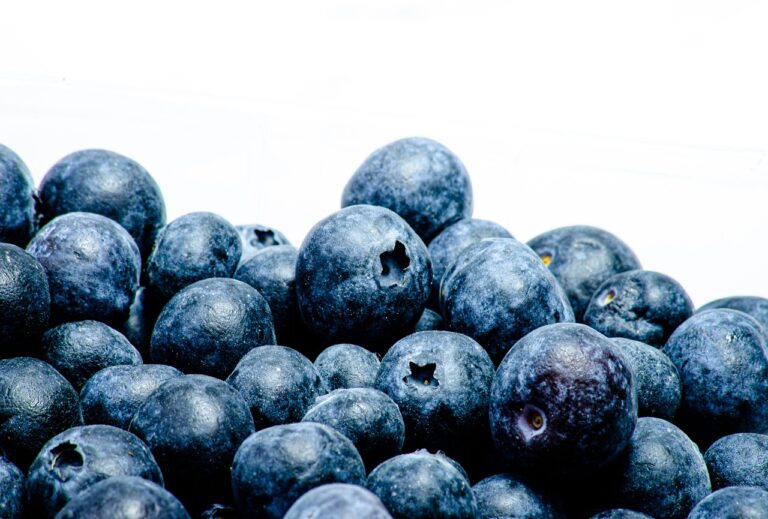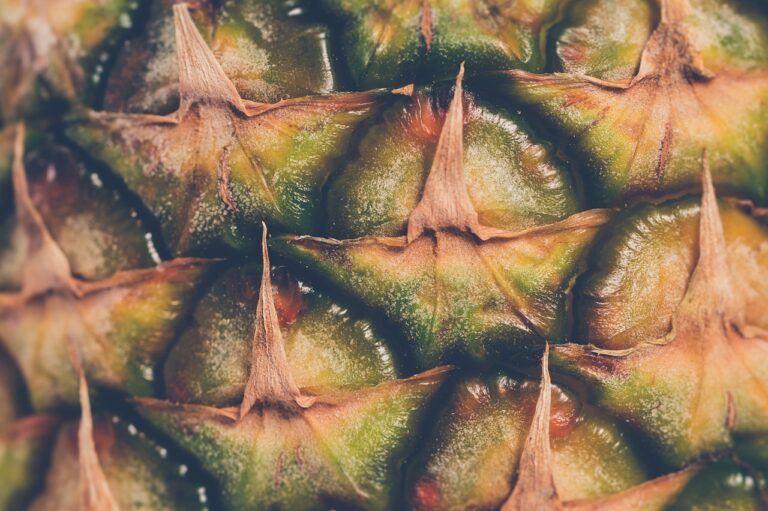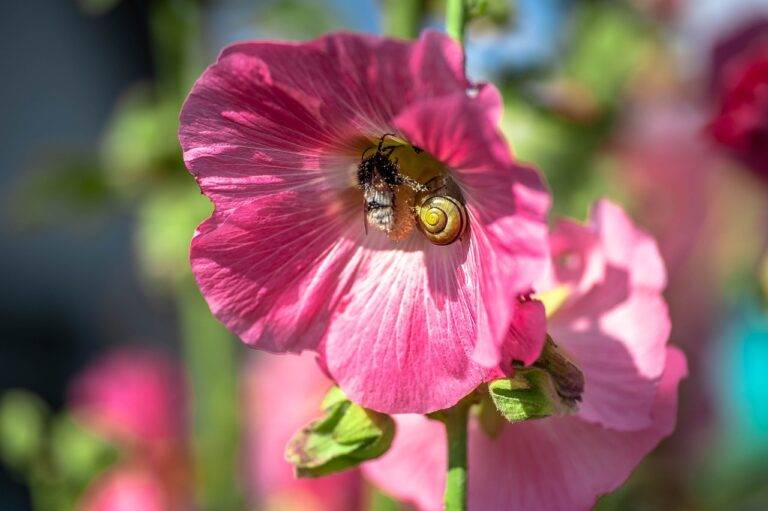The Emergence of Plant-Based Packaging Solutions
11xplay new id, india 24 bat, skyinplay live login: The emergence of plant-based packaging solutions has been gaining momentum in recent years as businesses and consumers alike are becoming more aware of the environmental impact of traditional packaging materials. From plastic pollution in our oceans to deforestation caused by paper production, the need for sustainable packaging options is becoming increasingly urgent.
With advancements in technology and an increasing demand for eco-friendly products, plant-based packaging solutions are becoming more accessible and cost-effective for businesses of all sizes. These innovative materials are derived from renewable resources such as sugarcane, corn, bamboo, and even seaweed, offering a biodegradable and compostable alternative to traditional plastics and paper.
Benefits of Plant-Based Packaging Solutions
1. Environmental Sustainability
Plant-based packaging solutions are derived from renewable resources, which means they can be replenished and grown again and again. This helps reduce the carbon footprint associated with packaging production and disposal, leading to lower greenhouse gas emissions and less overall environmental impact.
2. Biodegradability
One of the key benefits of plant-based packaging solutions is their ability to biodegrade quickly and completely. Traditional plastics can take hundreds of years to break down, leading to long-term environmental pollution. Plant-based materials, on the other hand, can decompose in a matter of months, returning nutrients to the soil and reducing waste in landfills.
3. Compostability
Many plant-based packaging solutions are certified compostable, meaning they can be broken down into organic matter when processed in an industrial composting facility. This reduces the amount of waste sent to landfills and can help improve soil health when used in home composting systems.
4. Reduced Dependency on Fossil Fuels
Traditional plastics are derived from non-renewable fossil fuels, contributing to carbon emissions and environmental degradation. Plant-based packaging solutions offer a sustainable alternative that reduces our dependency on finite resources and helps mitigate the impacts of climate change.
5. Consumer Appeal
As awareness of environmental issues grows, consumers are increasingly seeking out sustainable products and packaging options. Businesses that embrace plant-based packaging solutions can appeal to eco-conscious consumers and differentiate themselves in the marketplace.
Challenges and Opportunities
While plant-based packaging solutions offer numerous benefits, there are still challenges to widespread adoption. One of the main obstacles is cost, as plant-based materials can be more expensive to produce than traditional plastics and paper. However, as demand for sustainable packaging options grows, economies of scale are likely to drive down prices and make plant-based materials more competitive.
Another challenge is the lack of infrastructure for composting and recycling plant-based packaging. Industrial composting facilities are not yet widespread, and many consumers may not have access to composting services. Businesses and governments can help address this issue by investing in composting infrastructure and educating consumers about the benefits of compostable packaging.
Overall, the emergence of plant-based packaging solutions represents a significant opportunity for businesses to reduce their environmental impact and appeal to eco-conscious consumers. By embracing sustainable materials and investing in innovative packaging solutions, companies can help build a more sustainable future for our planet.
FAQs
Q: Are plant-based packaging solutions as durable as traditional plastics?
A: Plant-based packaging solutions can be just as durable as traditional plastics, depending on the specific material and manufacturing process. Some plant-based materials are designed to be strong and flexible, making them suitable for a wide range of packaging applications.
Q: Are plant-based packaging solutions more expensive than traditional plastics?
A: Plant-based packaging solutions can be more expensive to produce than traditional plastics, but prices are becoming more competitive as demand grows. Businesses that prioritize sustainability may be willing to invest in plant-based materials as part of their commitment to environmental stewardship.
Q: Are plant-based packaging solutions recyclable?
A: Some plant-based packaging solutions are recyclable, while others are designed to be composted. It’s important to check the labeling and compostability certifications of plant-based packaging to ensure proper disposal. Businesses can help educate consumers about how to dispose of plant-based packaging responsibly.
Q: How can businesses transition to plant-based packaging solutions?
A: Businesses can transition to plant-based packaging solutions by researching available materials, suppliers, and packaging options. By conducting a sustainability assessment and setting clear goals for reducing environmental impact, companies can make informed decisions about adopting plant-based packaging solutions.
Q: What are some innovative plant-based packaging materials to watch?
A: There are several innovative plant-based packaging materials to watch, including mushroom-based packaging, algae-based plastics, and even packaging made from fruit and vegetable waste. These materials offer unique properties and sustainability benefits that can help drive the evolution of plant-based packaging solutions.







